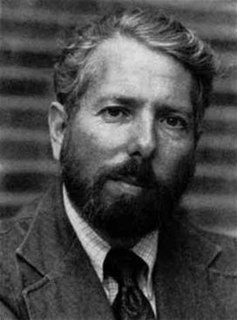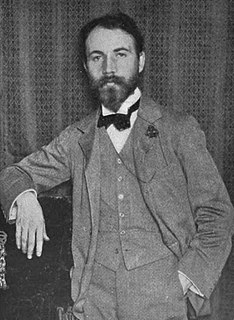A Quote by Stanley Milgram
Obedience is the psychological mechanism that links individual action to political purpose. It is the dispositional cement that binds men to systems of authority.
Related Quotes
The Renaissance had resulted in the emancipation of the individual, in making him feel that the universe had no other purpose than his happiness. This brought an entirely new answer to the question, 'Why should I do this or that?' It used to be, 'Because self-instituted authority command you.' The answer now was, 'Because it is good for men.' In this lies our greatest debt to the Renaissance, that it instituted the welfare of men as the end of all action.
Men will see in their king or in their rulers men like themselves perhaps unworthy or open to criticism, but they will not on that account refuse obedience if they see reflected in them the authority of Christ, God and Man. Peace and harmony, too, will result; for with the spread and the universal extension of the kingdom of Christ, men will become more and more conscious of the link that binds them together, and thus many conflicts will either be prevented entirely or at least their bitterness be diminished.
The term Hispanic, coined by technomarketing experts and by the designers of political campaigns, homogenizes our cultural diversity (Chicanos, Cubans, and Puerto Ricans become indistinguishable), avoids our indigenous cultural heritage and links us directly with Spain. Worse yet, it possesses connotations of upward mobility and political obedience.
Much of the point of individual action is really to communicate with other people and with political leaders and to demonstrate to them that we are willing to live lives which are less dependent on fossil fuels and we'll show you that now by changing our individual life to some extent but we want you to take action, political leaders, so that we aren't living in a society in which we're dependent on poisoning the future in order to maintain present lifestyles.
I see a lot of individual action when it comes to environmental questions really as a form of politics as a way of communicating with political leaders, much in the same way that acts of civil disobedience during the civil rights' movement were really acts of political communication, trying to get laws changed rather than based on the thought that the individual action would really change the practices of segregation.
Individualism is at once an ethical-psychological concept and an ethical-political one. As an ethical-psychological concept, individualism holds that a human being should think and judge independently, respecting nothing more than the sovereignty of his or her mind; thus, it is intimately connected with the concept of autonomy. As an ethical-political concept, individualism upholds the supremacy of individual rights
No individual or private group or private organization has the legal power to initiate the use of physical force against other individuals or groups and to compel them to act against their own voluntary choice. Only a government holds that power. The nature of governmental action is: coercive action. The nature of political power is: the power to force obedience under threat of physical injury-the threat of property expropriation, imprisonment, or death.
When watching men of power in action it must be always kept in mind that, whether they know it or not, their main purpose is the elimination or neutralization of the independent individual- the independent voter, consumer, worker, owner, thinker- and that every device they employ aims at turning men into a manipulable animated instrument which is Aristotle's definition of a slave.



































